Thursday, January 28, 2010
Reflections on Howard Zinn by Dennis Day
Howard Zinn, a progressive voice for racial equality and social justice for more than half a century, died Wednesday in Santa Monica, California. He was 87. An historian, shipyard worker, civil rights activist, World War II bombardier, and best selling author, Zinn inspired a generation of high school and college students to rethink American history.
In June 2007 I had the privilege of interviewing Dr. Zinn during the Harlem Book Fair, an annual event that encourages children and families to read and value books and learning as a means of cultivating the “life of the mind.” Our interview was conducted amidst paparazzi during my work as a consultant with a film crew shooting an historical documentary film about the Harlem Renaissance and the changing racial and cultural dynamics of Harlem in the twenty-first century.
The film, a work still in progress, is produced and directed by the award-winning African American Filmmaker William Greaves. I was impressed by Dr. Zinn’s candor and vigorous mind. He struck me as one resigned to the pursuit of intellectual honesty and open to debating those of differing ideological points of view. Dr. Zinn taught at a number of prestigious institutions, including Spellman College, and historically Black college, where he was chairman of the history department. Marion Wright Edelman, founder of the Children’s Defense Fund and Alice Walker the novelist were among his students. Dr. Zinn was also an active member of the Student Nonviolent Coordinating Committee and marched for civil rights with his students, an act that angered Spellman’s president and was reportedly caused his termination for insubordination.
Howard Zinn’s productive literary years followed during his tenure at Boston University, producing the antiwar books “Vietnam: The Logic of Withdrawal” (1967 and Disobedience and Democracy” (1968). An Associated press obituary of Zinn asserts “Few historians succeeded in passing so completely through the academic membrane into popular culture. He gained admiring mention in he movie “Good Will Hunting”; Matt Damon a neighbor and admirer of Dr. Zinn appeared on a History Channel documentary about him; and Bruce Springsteen said the starkest of his many albums, “Nebraska,” drew inspiration in part from Mr. Zinn’s writings. As for me I drew from his example a greater self-assuredness that the power of one’s moral convictions can and do make a difference worth pursuing despite the status quo.
Labels:
D-Day Media,
Dennis Day,
Harlem Book Fair,
Howard Zinn,
SNCC,
Spellman,
William Greaves
Subscribe to:
Post Comments (Atom)







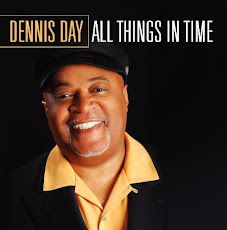
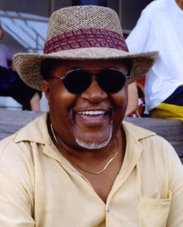
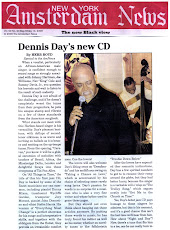
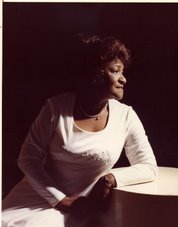
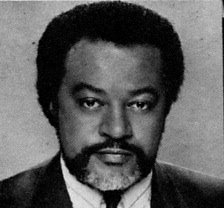
No comments:
Post a Comment